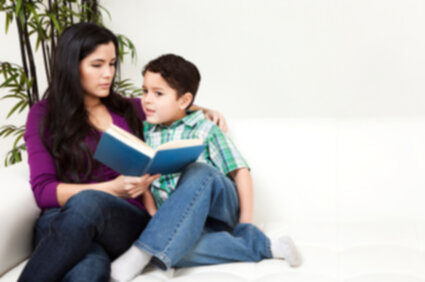Recent surveys have established that children would rather read a physical book in print than e-books. A 2016 survey by BookTrust in the UK found that 76% of surveyed parents said that their children prefer print books to e-books for reading for pleasure, and 69% prefer print books for education.
Children do like the simple pleasures of holding a book in their hands. Something as simple as turning the book’s pages, owning the actual book, even picking books out at the library and carrying them home gave children a preference for printed books.

The BookTrust survey found that, even in highly digitized homes, families prefer print books for their children’s reading. For BookTrust, it came down to the nature of shared family life and, in that instance, books in print were preferred.
This latest research confirms the findings of a 2012 study conducted by the Joan Ganz Clooney Center at Sesame Workshop, a non-profit dedicated to studying and promoting children’s reading. The Center found that “nearly three-quarters of iPad owners who read e-books with their children prefer reading print books with them.”
The Center notes that it comes down to the memories parents have when they created their literacy habits, and they want their children to have a similar and warm parent-child interaction experience.
The Nielson research company also found in a 2014 study that there is a marked preference for print books when families read together. Nielson also found that teens lean toward reading printed books.
In other words, print books still have a promising future. There’s nothing like holding a book in your hand, turning the pages, and sharing a story with a loved one.
Lectura Books publishes bilingual books for Spanish speaking parents to read with their children. The books are bicultural, which fosters great communication between parent and child. Together they can learn English skills and stronger English vocabulary.
